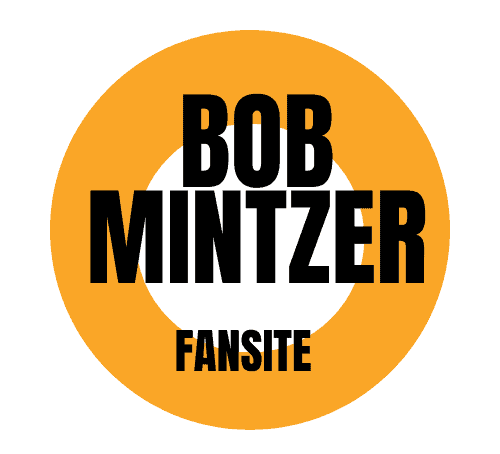I’m reading a book at the moment about the Beatles, Cant Buy Me Love The Beatles, Britain and America by Jonathan Gould. In the early pages of the book we read about John, Paul and George being part of a band called the Quarrymen, who got together initially to play a style of music called Skittle (using a washboard and washbasin bass, something akin to rockabilly?)At the point where Buddy Holly, Elvis, and Little Richard hit the airwaves, the Quarrymen learn the songs from this early American rock and roll icons note for note, and set about working these songs into their repertoire. Having this exposure to the R and B and early rock and roll of America coupled with the experience of growing up in Liverpool, where a certain droll sense of humor pervaded a rough and tumble daily life, set the stage for a uniquely profound musical group that went on to change the course of history. It is this phenomenon of learning other people’s music in the early stages of an artist’s development that I would like to focus on here. For it is this process that givesa performing musician an initial base in the language of song writing and playing with others, and ultimately leads to an innate understanding of how it all fits together.
We were doing a workshop in a public high school as part of our 4-night engagement at Jazz at the Bistro in St. Louis with the Yellowjackets last week. During a question and answer session one of the students asked how one starts a band and gets it to the level that was being displayed at the workshop. Russ Ferrante, the pianist in the band, made light of the fact that we all learned how to play songs of the popular artists of the day when we were starting out. I realized that in fact we had exclusively dealt with this activity long before writing original material. And at the point we began to write original songs they were usually based on a song we had learned from someone else’s repertoire.
It is this process, then. that sets the stage for the creative musician to go on and compose original music that has an identifiable sound and style. Through the process of transcribing what other musicians do we develop our own approach through the vocabulary-expanding work of this very transcribing. The key ingredient is to transcribe a wide variety of artists and styles, and to then take the devices we most like about these artists and re-work and expand upon those initial ideas. As it is said, “good musicians borrow, great musicians steal.” I would go further and say the greatest musicians take another artist’s musical device and work it into something uniquely their own.
Once a musician has a repertoire, they can go out and play with others, and partake in the art of musical conversation. What follows is writing for those particular musicians, based on what you might want to project in the music. It is this collaboration with other musicians that inspires the individual to find musical devices in a practice setting that can then contribute in a meaningful way to the creation of a unique sounding music.
At least this is how it has worked for me. I continue to explore and learn all I can about all musics of the world in the quest to develop my own musical voice. The more I know about what’s behind the music the more profound the effect is on my musical psyche. Being a complete musician goes well beyond the notes. I’m grateful for that. Bob Mintzer 4/20/2011.
